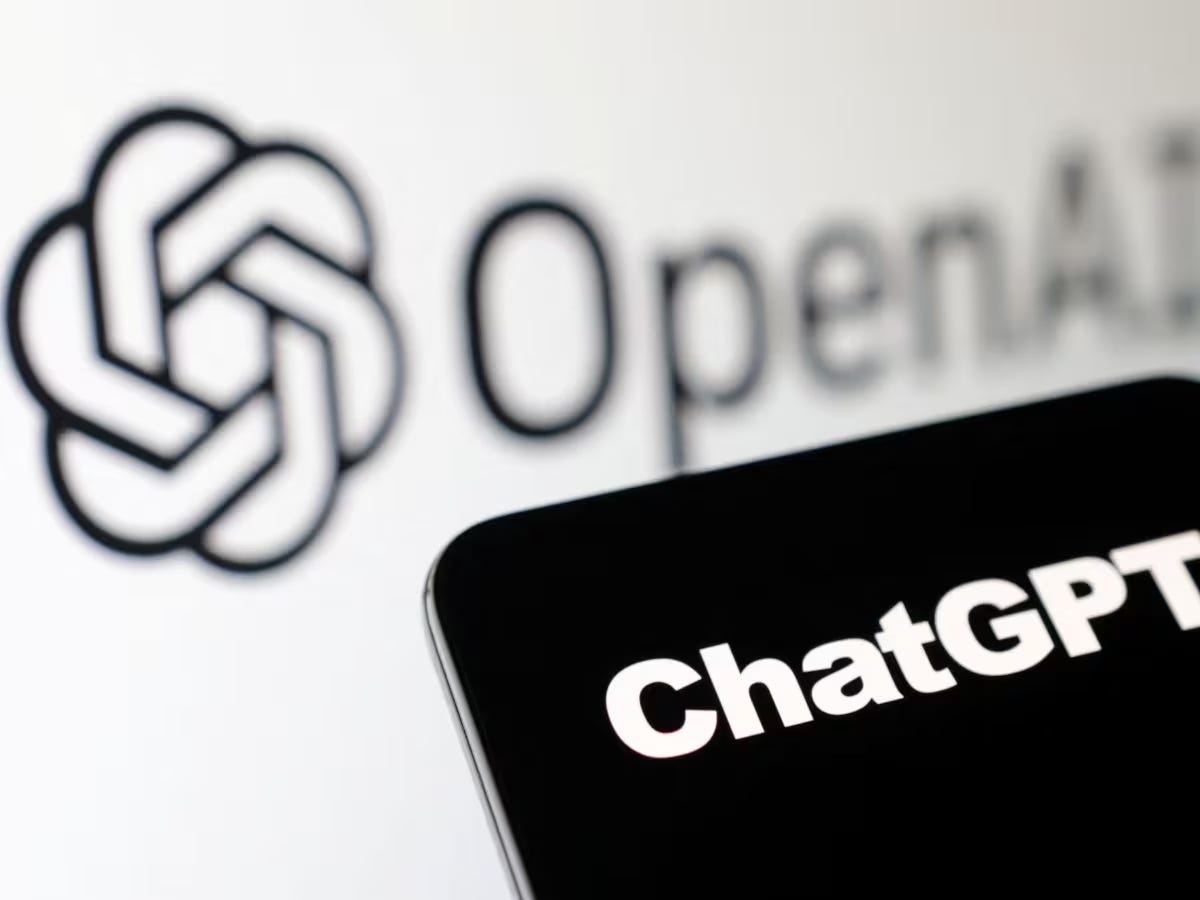Utilizing GPT-4 in Group Health Insurance: Transforming the Industry
Leverage GPT-4 technology to revolutionize group health insurance by automating underwriting, claims processing, and customer support, ultimately improving efficiency and customer experience.
Generative Pre-trained Transformer (GPT) technology has been making waves in numerous industries, including healthcare. Health providers can benefit from the advanced natural language processing capabilities of GPT models, such as GPT-4, to enhance patient care, optimize administrative tasks, and improve overall efficiency.
This report examines the potential applications of GPT technology for health providers and the benefits it can offer.
GPT Technology Applications in Healthcare
Health providers can utilize GPT technology in several ways to improve their services:
a. Electronic Health Record (EHR) Management: GPT models can help organize and analyze patients' medical history, diagnoses, and treatment plans within EHR systems. This can lead to better decision-making and more efficient patient care.
b. Medical Coding and Billing: GPT technology can be used to automate medical coding and billing processes, reducing human error and streamlining administrative tasks.
c. Clinical Decision Support: GPT models can analyze patient data and provide health professionals with evidence-based recommendations, aiding clinical decision-making and ensuring patients receive the most appropriate care.
d. Patient Communication: GPT technology can be integrated into chatbots or virtual assistants to answer patients' questions, schedule appointments, and provide medical advice. This can improve patient satisfaction and reduce the workload on healthcare staff.
e. Research and Development: GPT models can analyze vast amounts of medical literature and research, helping health providers stay up-to-date with the latest advancements and best practices in their field.
Benefits of Implementing GPT Technology for Health Providers
Integrating GPT technology into healthcare processes can lead to several advantages:
a. Improved Patient Care: Enhanced EHR management and clinical decision support can lead to better-informed treatment plans and more effective patient care.
b. Operational Efficiency: Automation of administrative tasks, such as medical coding and billing, can save time and resources, allowing health providers to focus on patient care.
c. Enhanced Patient Experience: GPT-powered chatbots and virtual assistants can provide instant support to patients, improving their overall experience with healthcare providers.
d. Continuous Learning: GPT technology can help health providers stay informed about the latest research and advancements in their field, ensuring they continue to deliver the highest quality of care.
GPT technology offers a range of applications and benefits for health providers, from improving patient care to streamlining administrative tasks. By adopting GPT models, healthcare providers can optimize their services, enhance patient satisfaction, and stay at the forefront of medical advancements. Investing in GPT technology can help health providers stay competitive in an ever-evolving industry and continue to provide the best possible care to their patients.


